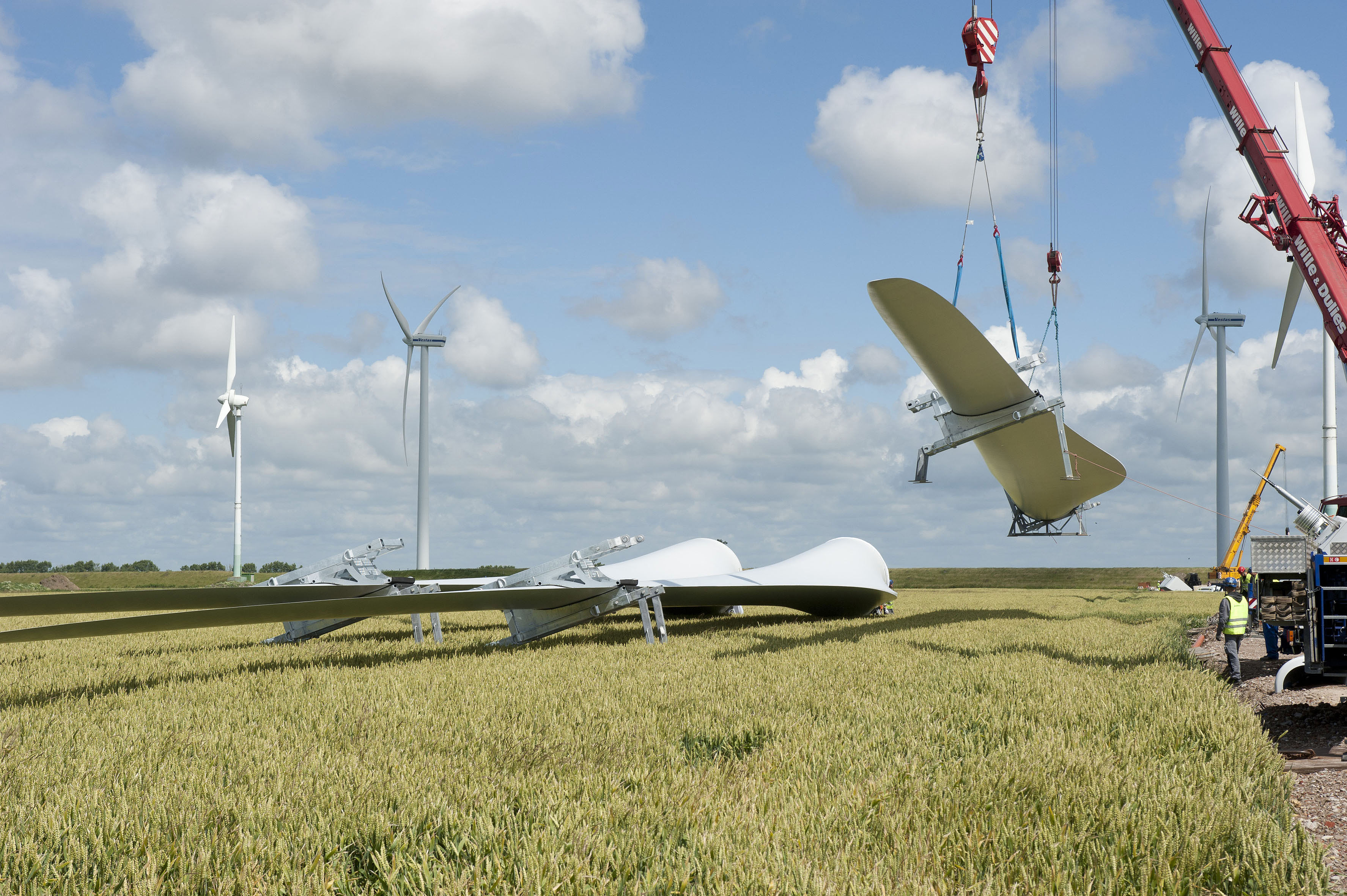Renewables share slightly down in Germany in first half of 2025, but wind expansion gains steam
Renewable energy sources covered about 54 percent of Germany’s electricity consumption in the first half of 2025, down from a share of 57 percent during the same period a year before, energy industry group BDEW has found. Wind turbines, solar panels and other renewable sources produced about 141 billion kilowatt hours (kWh) of electricity between January and the end of June, 5.4 percent less than in the first half 2024, with BDEW linking the drop primarily to unfavourable weather conditions.
Wind power saw a particularly large drop of more than 17 percent in output due to “historically” weak winds in the first quarter of the year, the group said based on the figures it had reviewed together with research institute ZSW. However, wind turbines still covered nearly a quarter of electricity demand.
At the same time, low precipitation caused a significant reduction in hydropower output, which dropped nearly 30 percent compared to the previous year, in which Germany had abundant rainfall. A lack of melting water in spring exacerbated the drop in hydropower production, which saw its lowest output in 20 years, BDEW added.
Power production with solar PV installations, meanwhile, increased markedly thanks to the ongoing expansion boom for the technology: solar PV climbed 23 percent compared to 2024 and each month of 2025 eclipsed its counterpart from the year before, the figures showed. “But this strong growth was not enough to fully compensate for the drop in wind power,” BDEW said.
“Wind energy is getting on course”
“Despite the weather-related oscillations, these figures show that renewables have long become the load-bearing pillar for the electricity supply of Europe’s most important industrialised country,” said Frithjof Staiß, managing director at ZSW. Reliable planning conditions would be the most important factor for protecting the competitiveness of German industry and generate gains in line with the EU’s Green Industrial Deal, Staiß added.
Wind industry group BWE also published figures for the first half of 2025, in which Germany saw its greatest expansion since 2017, with 409 newly constructed turbines with a combined capacity of 2.2 gigawatts (GW). At the same time, more than 1,250 new turbines with a capacity of 7.8 GW were licensed so far this year, the highest volume ever achieved in this timespan. “Wind energy is getting on course,” said BWE head Bärbel Heidebroek, adding that further expansion “at a high level” had already been locked in for the next years.
However, despite the positive trend, the buildout still lags behind government targets fixed in the Renewable Energy Act (EEG). Germany would be back on track for these targets "from 2026 at the earliest,” Heidebroek added, calling on policymakers to sustain the current dynamic in the industry. “It now is about holding course and implementing the expansion targets for renewables,” she argued.
Germany's new economy and energy minister, Katherina Reiche from the conservative Christian Democratic Union (CDU), has caused worries among NGOs and industry observers by announcing a monitoring report of the energy transition that is meant to serve as the government's blueprint for energy policy in the coming years.
Critics have said that the minister's monitoring could choke off expansion by underestimating the demand for electricity and new installations until 2030. Reiche has argued that the so-called "reality check" of the energy transition is meant to reduce costs and increase energy supply security rather than focussing on maximising emissions reduction.

